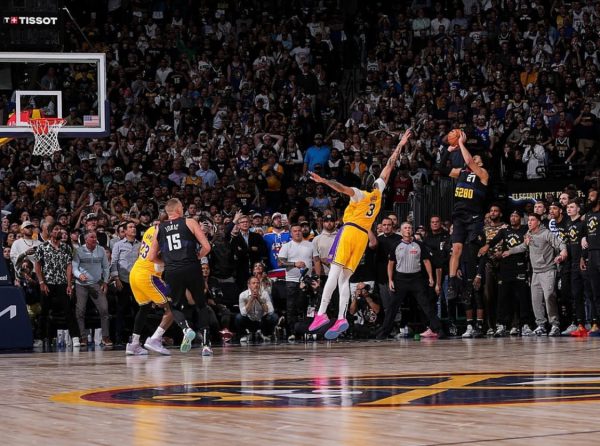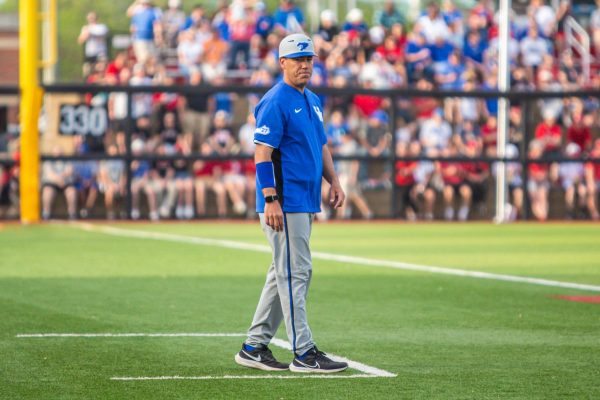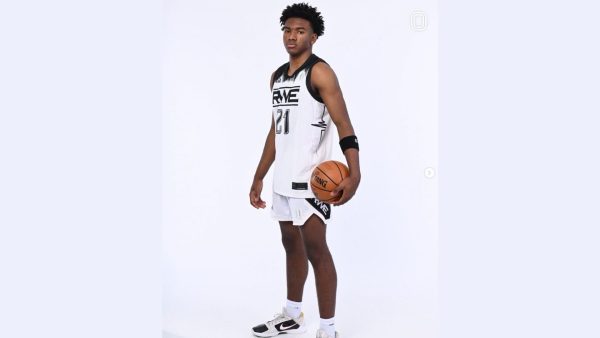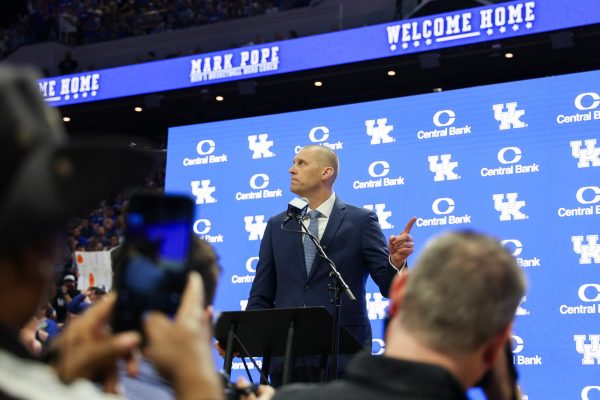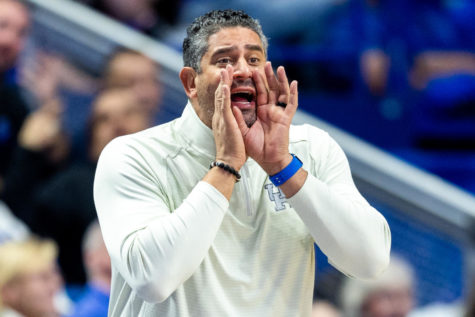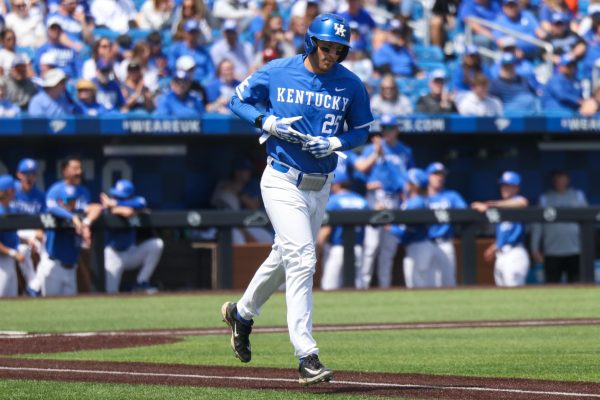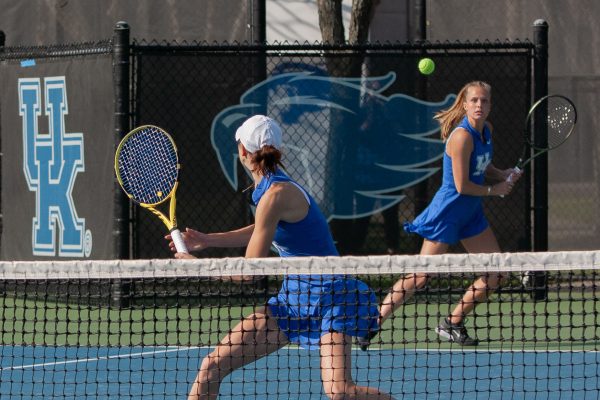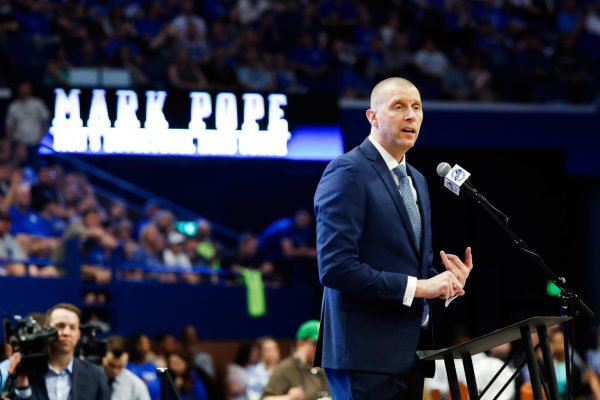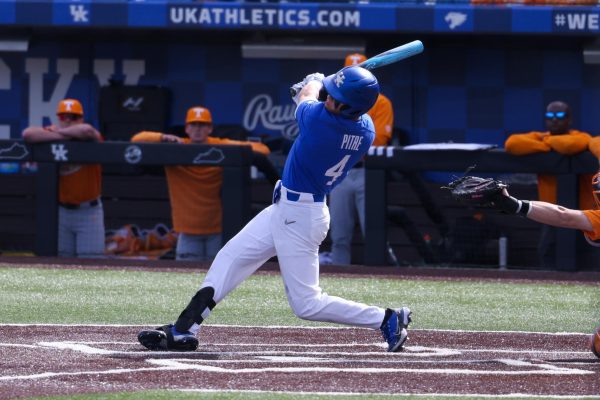SEC Commissioner Mike Slive proposes ‘agenda for change’
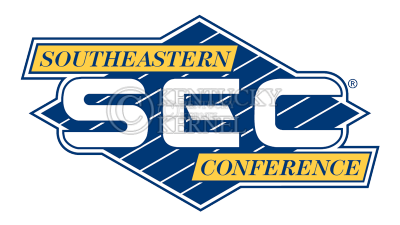
July 20, 2011
Southeastern Conference Commissioner Mike Slive proposed an “agenda for change” in the NCAA world in a speech at SEC Media Day.
“We don’t have the luxury of acting as if it’s business as usual,” Slive said. “Intercollegiate athletics has lost the benefit of the doubt.”
Slive outlined his plan, which is comprised of four parts. Slive hopes the plan will “stimulate a national discussion with the hope that we will see significant action in the forseeable future.”
The four primary areas form the basis of this agenda, with quotes from Slive as transcribed by ASAP Sports:
Redefine the benefits available to our student-athletes.
“The first step is to develop a plan to provide these additional benefits to student-athletes in an equitable manner through a redefined grant-and-aid program linked to the full cost of attendance. We recognize that this proposal may be a financial hardship on some, yet at the same time economics cannot always be the reason to avoid doing what is in the best interests of our student-athletes.”
“We should also have a national discussion on establishing athletic scholarships as multi-year awards. … (and) we should consider extending the opportunity for student-athletes to seek a baccalaureate degree through the provision of funding beyond the current permissible six-year window for awarding athletic scholarships.”
Strengthen academic eligibility requirements for incoming freshmen and two-year transfers.
“The existing approach of conducting a review of their credentials only at the end of high school is not always effective. A suggested approach is to include a full analysis of a prospects’ academic performance throughout his or her high school career.”
“Three components of this proposed strategy are: first, consider increasing the minimum GPA required for first-year athletic competition from a 2.0 to a 2.5 in the 16 required core courses. Second, consider establishing an annual satisfactory progress rule at the high school level. Third, and this is important, this new model, if adopted, could result in the return of the partial qualifier category for certain enrolling freshmen. Specifically prospects who meet the current academic standards for initial eligibility, but who fail to meet the proposed new standards I just outlined, would be permitted to enroll, receive aid, engage in limited practice during their freshman year, but they would not be permitted to compete until an academically successful year in residence was fulfilled at the institution.”
Modernize the recruiting rules.
“It’s time to push the reset button on the regulatory approach to recruiting in order to move away from the idea that recruiting rules are designed to create a level playing field. … Rules governing text messaging and phone calls won’t alter that fact.”
“We suggest change in three areas: First, permit the effective use of personal electronic communication between prospects and institutional staff members to include phone calls, text messaging, Facebook, Twitter and other social media avenues. Second, rather than continuing a recruiting calendar with differing rules for off-campus recruiting activity, contact days, evaluation days, let’s simply establish days in which it’s permissible for coaches to engage in off-campus recruiting. Third, we should encourage the adoption of rules to ensure that the recruitment of prospects is conducted within the secondary educational environment in the academy while promoting the direct interaction between our coaches, prospects and their families. We seek to hold the historic approach to recruiting through the scholastic setting rather than through third parties and so-called ‘handlers.'”
Continue to support the NCAA’s efforts to improve the enforcement process.
“Included in this suggested agenda for change is a clear statement in support of President Emmert and Vice President of Enforcement Julie Roe Lach to restructure the NCAA enforcement process in order to effectively focus resources on cases of core importance in a timely fashion.
“At the same time it’s our obligation as members to provide direction to enforcement in the form of legislation that can be clearly understood and enforced. Our goal is to work closely with President Emmert to initiate a comprehensive reform effort intended to produce a greatly streamlined NCAA manual that governs only enforceable issues, again, of core importance that goes to the heart of what we do.”
“We have become increasingly aware that these two limited definitions [major and minor] may not adequately distinguish the actions associated with the violation.”












































































































































